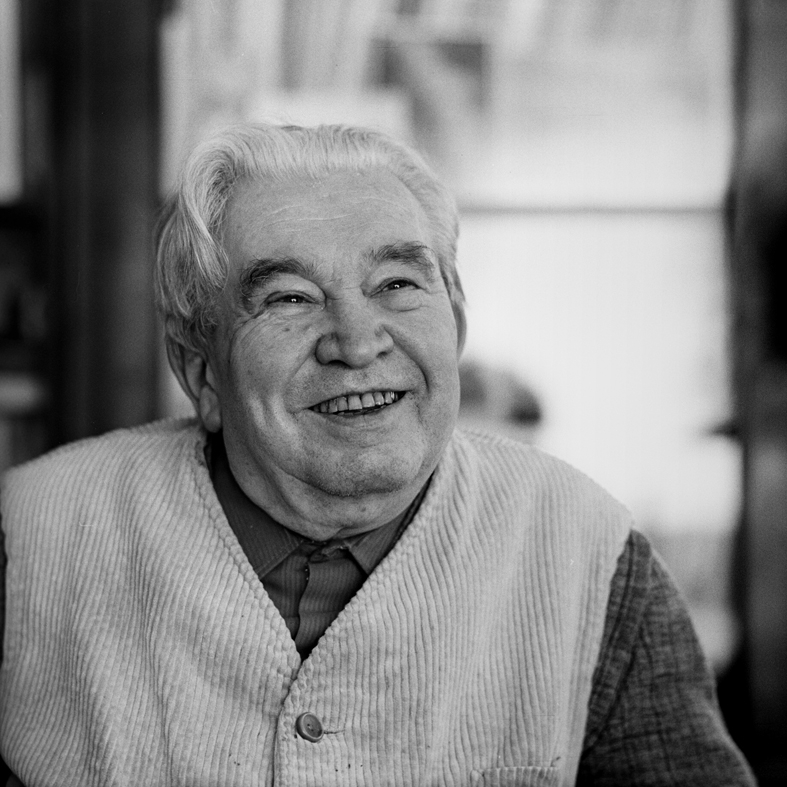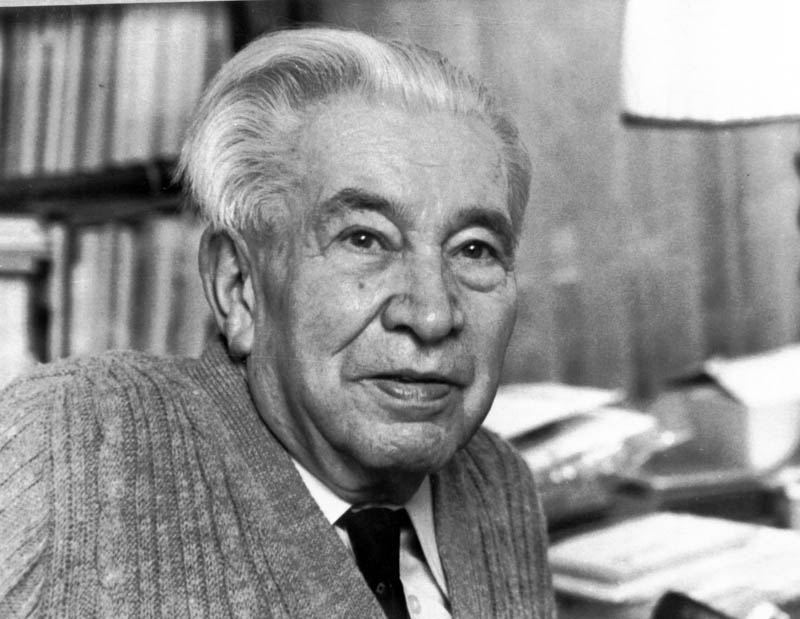Jaroslav Seifert
One of the most important historical figures in the Czech Republic (Czechia) is Jaroslav Seifert. Jaroslav Seifert (September 23, 1901 – January 10, 1986) was a Czech poet, writer, and journalist. Seifert's first collection of poems, published in 1921, was born in Žižkov, a suburb of Prague in what was then Austria-Hungary. He was a member of the Communist Party of Czechoslovakia, the editor of several communist periodicals and magazines, including Rovnost, Sršatec, and Reflektor, and a communist publishing house employee.
During the 1920s, he was regarded as a key figure in the Czechoslovakian creative avant-garde. He was a co-founder of the journal Devětsil. In March 1929, he and six other writers left the KSČ after signing a declaration condemning the new party leadership's Bolshevik Stalinist tendencies. During the 1930s and 1940s, he worked as a journalist in the social-democratic and trade union press.
Seifert left journalism in 1949 to dedicate himself entirely to literature. His poetry received key state prizes in 1936, 1955, and 1968, and he was named a National Artist in 1967. For many years, he was the official Chairman of the Czechoslovak Writers Union (1968–70). He was a signatory of the Czechoslovak Socialist Republic's government-opposing Charter 77 in 1977.
In 1984, Seifert was awarded the Nobel Prize in Literature. He was unable to attend the award ceremony due to ill health, but his daughter accepted the Nobel Prize in his place. Even though the award was significant, it received barely a brief mention in the state-controlled media. He died in 1986, at the age of 84, and was interred in the Kralupy nad Vltavou municipal cemetery.













